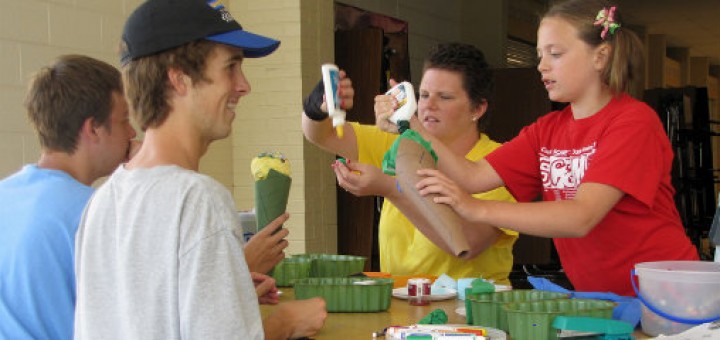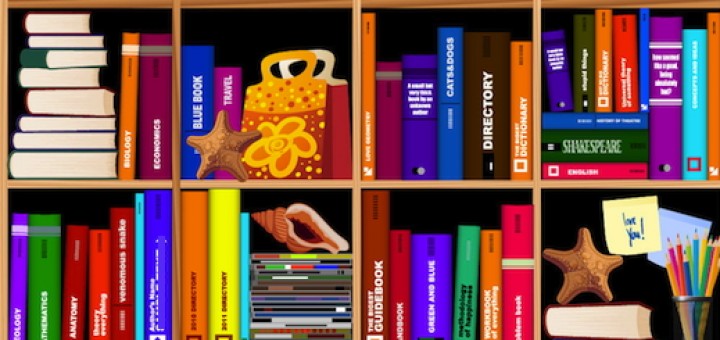Teaching and learning in grades 4-8
Thomas Newkirk urges us to consider how, in a test-crazed culture, we can stay focused on what matters for our students. Holding On To Good Ideas in a Time of Bad Ones is not a literacy ‘how-to’ book, says Jenni Miller, but important nonetheless.
Special educator Elizabeth L. Stein believes that the growth mindset research of Carol Dweck can lead to greater collaboration among special and general co-teachers and enable all students in inclusion classrooms to achieve Common Core standards.
An essay without a thesis might have great ideas in it, but absent an organizing principle it doesn’t hold together. Literacy expert Sarah Tantillo shares tools for thesis brainstorming & organizing that can save students and teachers time and pain.
The components of strong STEM lessons are well established. But what happens when Art is added – when STEM is transformed into STEAM? Science educator Anne Jolly offers her list of likely STEAM essentials and invites suggestions from readers.
Though the author tackles many reform issues and includes significant research, reviewer Emily Barksdale found Unleashing the Positive Power of Differences: Polarity Thinking in Our Schools both too broad and too dense to help teacher leaders.
In Transitioning to Concept-Based Curriculum and Instruction, H. Lynn Erickson and Lois A. Lanning provide a guide for moving beyond objectives-based teaching to the deeper meanings and connections of our curriculum, says reviewer Jamey Sutton.
Teachers who fail to actively involve students in learning experiences are mired in mediocrity, says educator Barbara Blackburn. The author of Rigor Is Not a 4-Letter Word shares five rules for student engagement she’s discovered, with examples from her own teaching and consulting.
Numerous historical adaptions have been nominated for Academy Awards in recent years. Media literacy expert Frank W. Baker offers ideas and resources to help students examine their historical accuracy and address a middle-level Common Core standard.
When educators ask “what could I have done differently today to meet the needs of individual students?” they look for answers in data and assignments. The new book “RTI Is a Verb” breaks down the process into concrete pieces to implement in every classroom, says reviewer Sandy Wisneski.
Math Know-How: Answers to Your Most Persistent Teaching Issues (Grades 3-5) takes on topics of critical importance: the CCSS, teaching decisions, pacing guides, instruction, manipulatives, technology and reflection, says reviewer Sarah Parker.









































